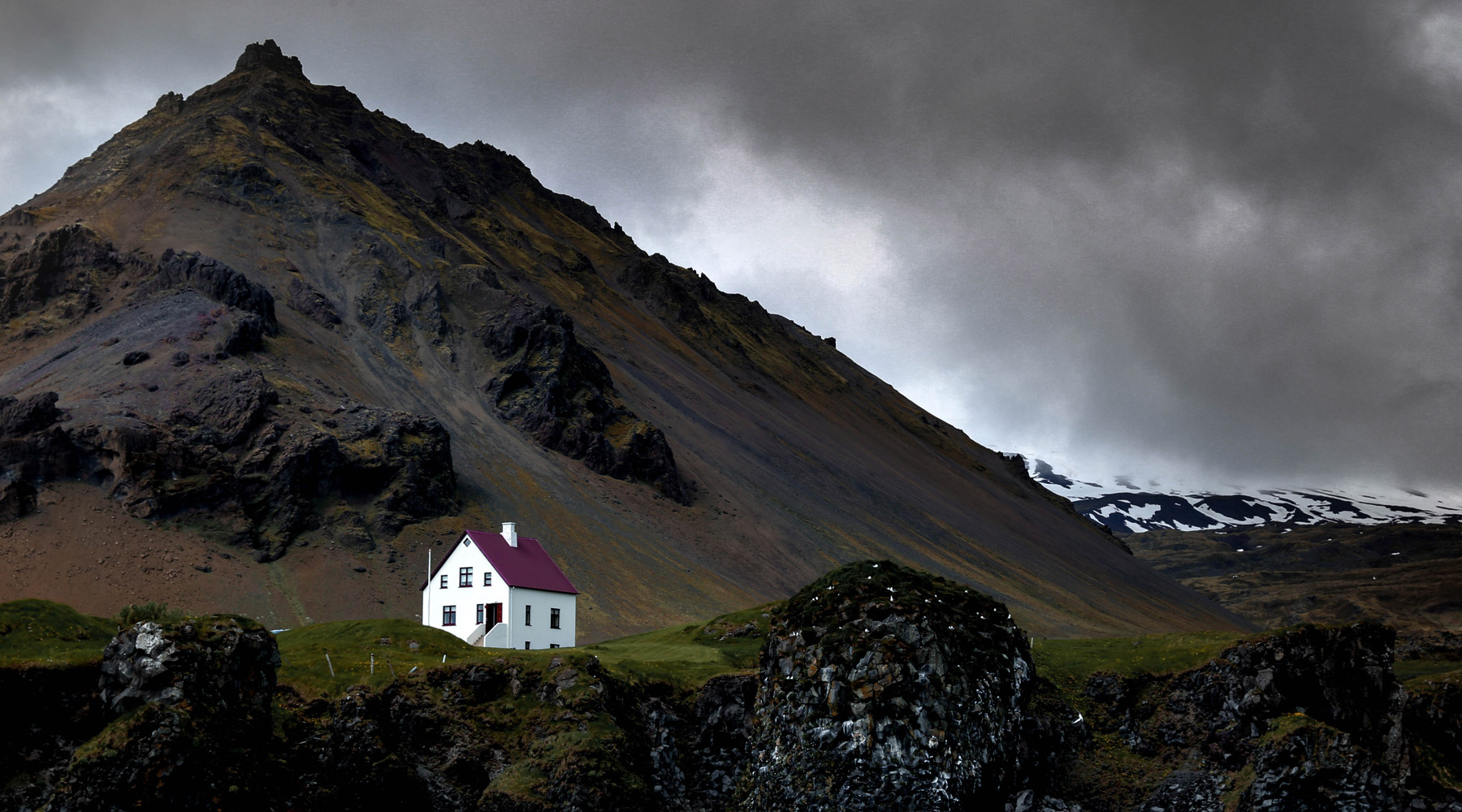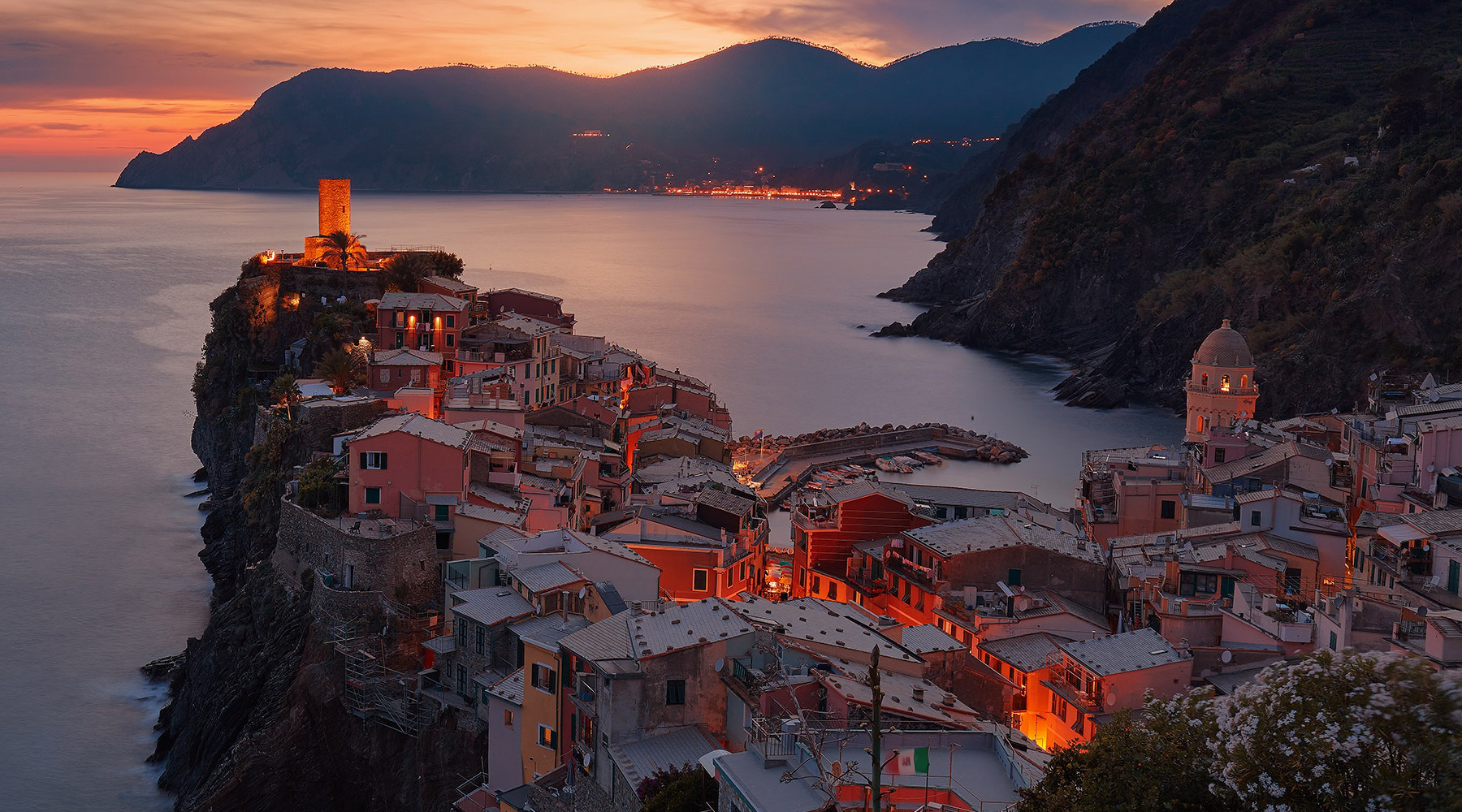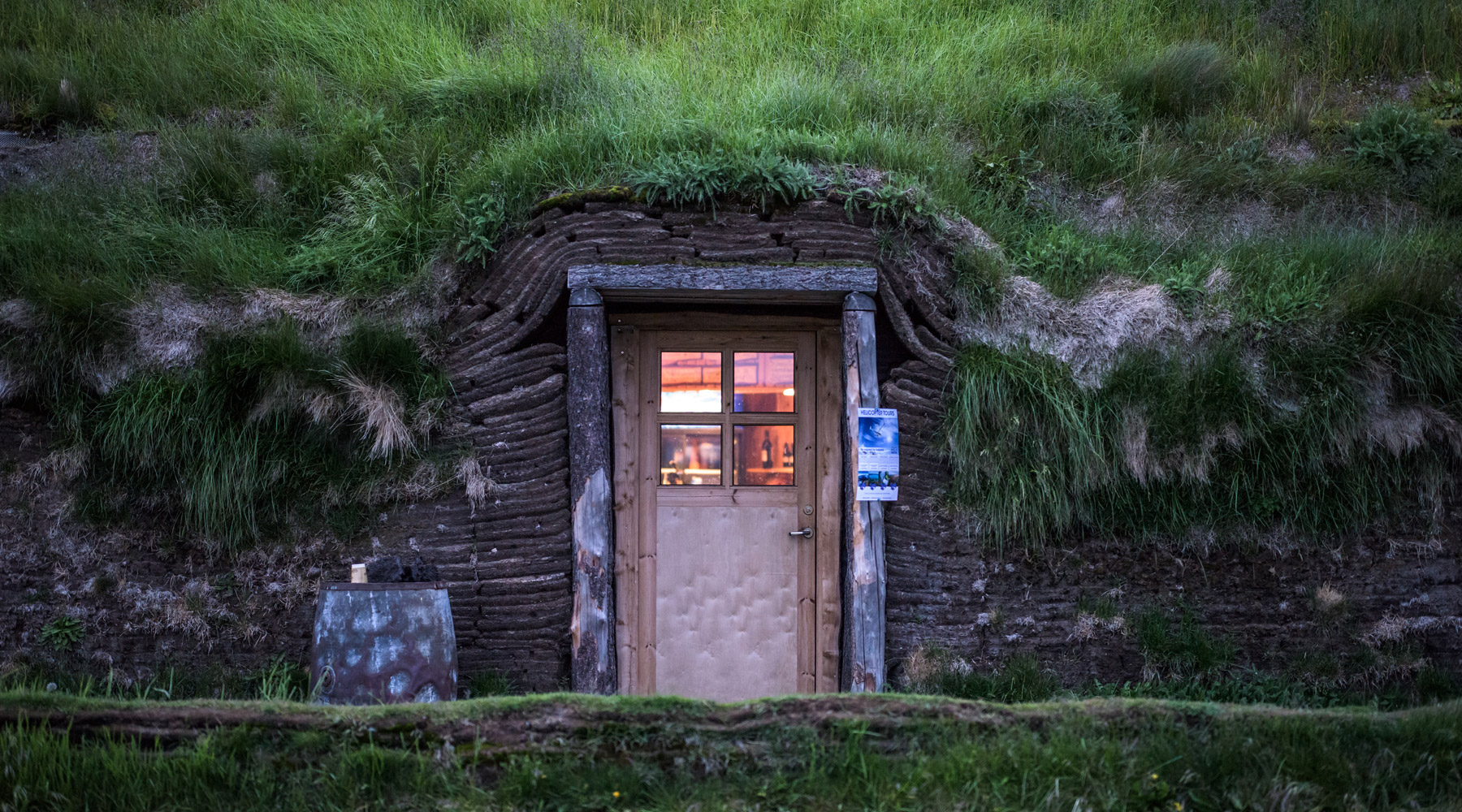In the time of Spanish rule, and for many years afterwards, the town of Sulaco—the luxuriant beauty of the orange gardens bears witness to its antiquity—had never been commercially anything more important than a coasting port

Omnilingual
To translate writings, you need a key to the code — and if the last writer of Martian died forty thousand years before the first writer of Earth was born … how could the Martian be translated?
Martha Dane paused, looking up at the purple-tinged copper sky. The wind had shifted since noon, while she had been inside, and the dust storm that was sweeping the high deserts to the east was now blowing out over Syrtis. The sun, magnified by the haze, was a gorgeous magenta ball, as large as the sun of Terra, at which she could look directly. Tonight, some of that dust would come sifting down from the upper atmosphere to add another film to what had been burying the city for the last fifty thousand years.

The House On The Borderland
Right away in the west of Ireland lies a tiny hamlet called Kraighten. It is situated, alone, at the base of a low hill.
Far around there spreads a waste of bleak and totally inhospitable country; where, here and there at great intervals, one may come upon the ruins of some long desolate cottage—unthatched and stark. The whole land is bare and unpeopled, the very earth scarcely covering the rock that lies beneath it, and with which the country abounds, in places rising out of the soil in wave-shaped ridges.
Yet, in spite of its desolation, my friend Tonnison and I had elected to spend our vacation there. He had stumbled on the place by mere chance the year previously, during the course of a long walking tour, and discovered the possibilities for the angler in a small and unnamed river that runs past the outskirts of the little village.
I have said that the river is without name; I may add that no map that I have hitherto consulted has shown either village or stream. They seem to have entirely escaped observation: indeed, they might never exist for all that the average guide tells one. Possibly this can be partly accounted for by the fact that the nearest railway station (Ardrahan) is some forty miles distant.

The Windows of Absolute Night
To most minds mystery is more fascinating than science. But when science itself leads straight up to the borders of mystery and there comes to a dead stop, saying, “At present I can no longer see my way,” the force of the charm is redoubled.
On the other hand, the illimitable is no less potent in mystery than the invisible, whence the dramatic effect of Keats’ “stout Cortez” staring at the boundless Pacific while all his men look at each other with a wild surmise, “silent upon a peak in Darien.” It is with similar feelings that the astronomer regards certain places where from the peaks of the universe his vision seems to range out into endless empty space. He sees there the shore of his little isthmus, and, beyond, unexplored immensity.

The name, “coal-sacks,” given to these strange voids is hardly descriptive. Rather they produce upon the mind the effect of blank windows in a lonely house on a pitch-dark night, which, when looked at from the brilliant interior, become appalling in their rayless murk. Infinity seems to acquire a new meaning in the presence of these black openings in the sky, for as one continues to gaze it loses its purely metaphysical quality and becomes a kind of entity, like the ocean. The observer is conscious that he can actually see the beginning of its ebon depths, in which the visible universe appears to float like an enchanted island, resplendent within with lights and life and gorgeous spectacles, and encircled with screens of crowded stars, but with its dazzling vistas ending at the fathomless sea of pure darkness which encloses all.

First Days In The Eternal City
At last I am arrived in this great capital of the world. If fifteen years ago I could have seen it in good company, with a well-informed guide, I should have thought myself very fortunate. But as it was to be that I should thus see it alone, and with my own eyes, it is well that this joy has fallen to my lot so late in life.
Over the mountains of the Tyrol I have as good as flown. Verona, Vicenza, Padua, and Venice I have carefully looked at; hastily glanced at Ferrara, Cento, Bologna, and scarcely seen Florence at all. My anxiety to reach Rome was so great, and it so grew with me every moment, that to think of stopping anywhere was quite out of the question; even in Florence, I only stayed three hours. Now I am here at my ease, and as it would seem, shall be tranquilized for my whole life; for we may almost say that a new life begins when a man once sees with his own eyes all that before he has but partially heard or read of.

The History of Fashion
A hard fate has condemned human beings to enter this mortal sphere without any natural covering, like that possessed by the lower animals to protect them from the extremes of heat and cold. Had this been otherwise, countless myriads, for untold ages, would have escaped the tyrannical sway of the goddess Fashion, and the French proverb, il faut souffrir pour être belle, need never have been written.
The costume of our progenitors was chiefly remarkable for its extreme simplicity; and, as far as we can gather, no difference in design was made between the sexes. A few leaves entwined by the stalks, the feathers of birds, the bark of trees, or roughly-dressed skins of animals were probably regarded by beaux and belles of the Adamite period as beautiful and appropriate adornments for the body, and were followed by garments made from plaited grass, which was doubtless the origin of weaving, a process which is nothing more than the mechanical plaiting of hair, wool, flax, &c. In many remote districts these primitive fashions still prevail, as, for example, in Madras, where, at an annual religious ceremony, it is customary for the low caste natives to exchange for a short period their usual attire for an apron of leaves. In the Brazilian forests the lecythis, or “shirt tree,” is to be found, from which the people roll off the bark in short lengths, and, after making it pliable in water, cut two slits for the arm-holes and one for the neck, when their dress is complete and ready for use.
The North American Indian employs feathers for purposes of the toilet, and many African tribes are noted for their deftly-woven fabrics composed of grass and other vegetable fibres, while furs and skins are essential articles of dress in Northern latitudes. Perhaps the earliest specimen of a modiste’s bill in existence has recently been found on a chalk tablet at Nippur, in Chaldea. The hieroglyphics record ninety-two robes and tunics: fourteen of these were perfumed with myrrh, aloes and cassia. The date of this curious antique cannot be less than two thousand eight hundred years before the Christian era. In ancient times it must be remembered that the principal seats of civilisation were Assyria and Egypt, and upon these countries Western nations depended for many of the luxuries of life. The Jews derived their fine fabrics from the latter place, which was particularly noted for its linen manufactures and for magnificent embroideries, of which the accompanying illustration will give some idea. Medes and Babylonians, of the highest class, partially arrayed themselves in silk, which cost its weight in gold, and about the time of Ezekiel (B.C. 594) it is known to have been used in the dress of the Persians. It is a remarkable circumstance that this animal product was brought to the West manufactured in cloth, which was only half silk; and it is said the plan was devised of unravelling the stuff, which was rewoven into cloth of entire silk. Owing to its high price, the Romans forbade its being used for the entire dress by men, complete robes of silk being reserved for women. It is numbered among the extravagant luxuries of Heliogabalus that he was the first man who wore a silken garment, and the anecdote is well known of the Emperor Aurelian, who refused, on the ground of its extravagant cost, a silk dress which his consort earnestly desired to possess.

The Door In The Wall
One confidential evening, not three months ago, Lionel Wallace told me this story of the Door in the Wall. And at the time I thought that so far as he was concerned it was a true story.
He told it me with such a direct simplicity of conviction that I could not do otherwise than believe in him. But in the morning, in my own flat, I woke to a different atmosphere, and as I lay in bed and recalled the things he had told me, stripped of the glamour of his earnest slow voice, denuded of the focussed shaded table light, the shadowy atmosphere that wrapped about him and the pleasant bright things, the dessert and glasses and napery of the dinner we had shared, making them for the time a bright little world quite cut off from every-day realities, I saw it all as frankly incredible. “He was mystifying!” I said, and then: “How well he did it!. . . . . It isn’t quite the thing I should have expected him, of all people, to do well.”
Afterwards, as I sat up in bed and sipped my morning tea, I found myself trying to account for the flavour of reality that perplexed me in his impossible reminiscences, by supposing they did in some way suggest, present, convey—I hardly know which word to use—experiences it was otherwise impossible to tell.


